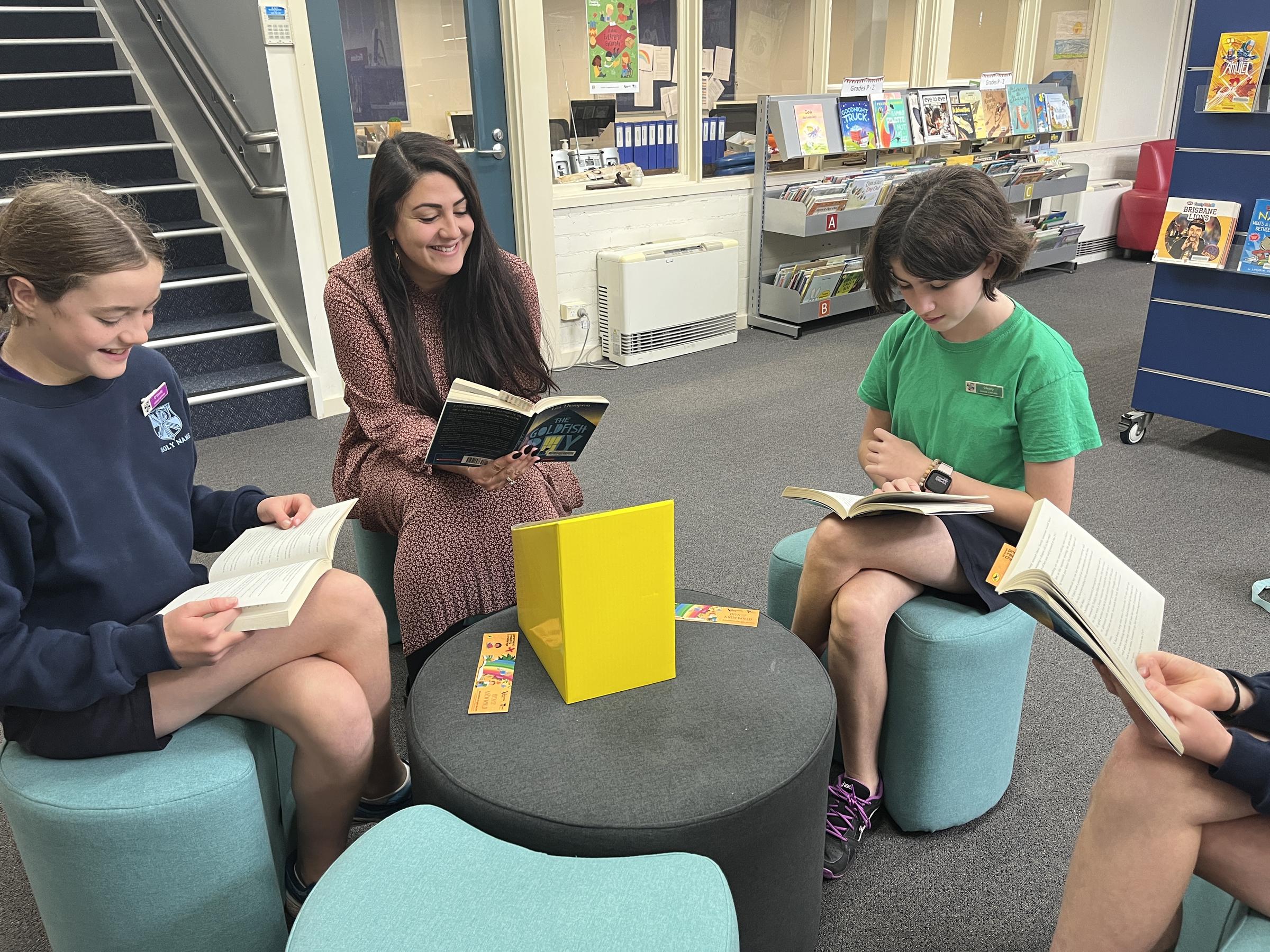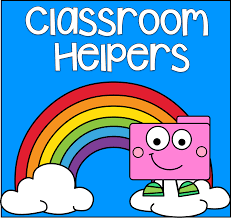LITERACY /
LEARNING & TEACHING
Mrs Maria Lontos

LITERACY /
LEARNING & TEACHING
Mrs Maria Lontos
Thank you again to those parents and grandparents that have put their hand up to be a classroom helper. The teachers are getting their timetables together, and they will be in contact with you over the next week.
We have added one more training session added for today, Friday 2nd March, upstairs in the shared learning space, at 3pm.
It is school policy that all classroom helpers hold a current Working with Children card. These forms are downloadable from the Department of Justice website (http://www.workingwithchildren.vic.gov.au/).
Please note that as you are a volunteer, your card is free.


The following information has been taken directly from our Home Learning Policy, which can be seen below, and is also on out school's website; https://hnpe.catholic.edu.au/wp-content/uploads/2021/10/2021-HOME-LEARNING-POLICY.pdf


At Holy Name, we believe that parents are the strongest influence of their children’s learning and development during the school years and beyond. This is why it is critical for parents and schools to work together in partnership.
Our Home Learning Policy aims to reflect the importance of families working together with the school to provide meaningful learning experiences that contributes to a student’s development of skills and knowledge as well as dispositions of responsibility and independence. Although the topic of homework is clouded by arguments for and against with relation to its impact on student achievement, we at Holy Name believe that the benefits outweigh the costs.
We fully understand that many children have a variety of other activities that they are involved in after hours and this impacts on the times where formal home learning tasks can be completed. The home environment and extracurricular activities offer many different learning experiences and we want to maximise these opportunities for our students. We also want to give families the flexibility to cater for all the activities and spend time learning with their children in a relaxed and comfortable way without the anxieties of homework getting in the way of quality family time.
Home learning will look different in Years Prep to 2 and Years 3 to 6.
Tasks that are sent home reflect one of the following:
We ask that all parents:
We ask that all students:
The following grid summarises our school expectations.
Year Level | Suggested time limit per day | Recommended screen time after school For ages | Non-negotiables
(Reading practise is not an optional extra at Holy Name and must be completed every night from P-6) | Possible extra tasks
(These might be set by the teacher, or simply skills practiced at home with parents) |
| Prep | 10-15 minutes | In Years Prep - 2 students must:
| In Years Prep - 2 students might:
| |
| Grade 1 | 15-20 minutes | 5-17 years –
Less than two hours p/day. | ||
| Grade 2 | 20 minutes | |||
| Grade 3/4 | 30 minutes
| In Years 3-6 students must:
| In Years 3 - 6 students will get a fortnightly matrix with these possible activities:
| |
| Grade 5/6 | 40 minutes | |||
NOTE:
| ||||